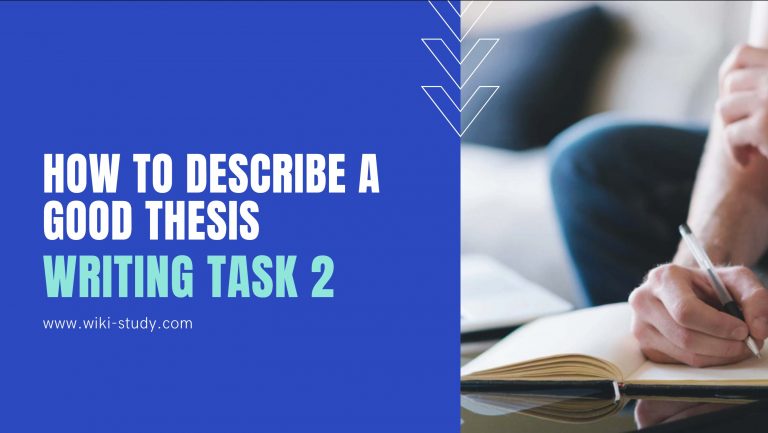The art of writing, whether in IELTS or not, is about the author’s wording. In English, each person’s expression is more or less dependent on the “accuracy” of their language. Specifically, no one appreciates a sentence writer:
A is good
Some people write better than others in that they know how to properly express “good”. In IELTS Writing Task 2, we have to comment that one is good, the other is a lot worse, in other words: mention the benefits and harms. In this article, we will study how you can say “better” better.
A. Use the correct adjectives:
For each object, the “good” quality is expressed in many different aspects. For example:
“Good” foods can be delicious, nutritious or easy to make.
With each school meaning “delicious“, “nutritious” and “easy to make” we can use many different expressions. For example:
Instead of writing:
burgers are good
You can write:
+) delicious: burgers are delicious / burgers are scrumptious
+) nutritious: burgers are healthy / burgers are nutritional
+) easy to make: burgers are easy to make / it is so easy to make burgers
B. Who is good for what / what
You can more accurately express the “good” quality by saying who / what will enjoy the good:
Burgers are good for children.
Riding bikes are good for health
Computers are good for the development of society
Depending on the noun used, you might say what the advantage/ benefit is.
Burgers are good => Burgers have many benefits
Going to university is good => Going to university has many advantages
You note, “benefits” is always possible, but “advantages” are not. For example, it would be foolish to write “Burger has a lot of advantages.”
In benefits/advantages, you also have many ways to express. You can use the following 2 ways:
– A has this benefit:
=> A has a lot of benefits
=> There are a number of benefits to A
– A for B benefits this
=> A provides B with / gives B / offers B a lot of benefits
=> B benefits from A in many ways
For example:
Going to university is good for young people
=> Going to university has a lot of benefits
=> There are a number of benefits to attending university
=> Attending university provides young people with a lot of benefits
=> Young people benefit from going to university in many ways
C. In particular, which is better
If above we say:
A gives B many benefits
We can say more specifically which side of B will get better from A. For example:
Going to university provides young people with a lot of benefits
You can:
1) Use “in terms of …” at the end:
Going to university provides young people with a lot of benefits in terms of career.
2) A does “increase” something in B
Going to university improves young people’s career prospects.
Going to university betters young people’s understanding of society.
Going to university increases young people’s chances of finding a job.
3) A does “reduce” something bad in B
Eating vegetables reduces the chances of people having diseases.
Planning the week ahead eliminates the risk of people forgetting what they should do.

